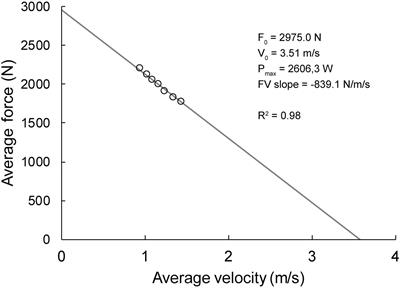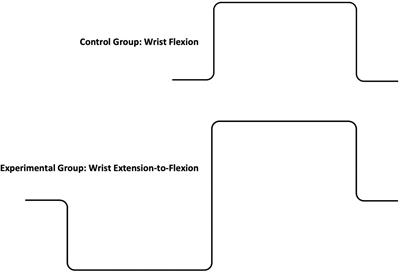ORIGINAL RESEARCH
Published on 18 Nov 2021
The Association Between Force-Velocity Relationship in Countermovement Jump and Sprint With Approach Jump, Linear Acceleration and Change of Direction Ability in Volleyball Players

doi 10.3389/fphys.2021.763711
- 7,292 views
- 11 citations




